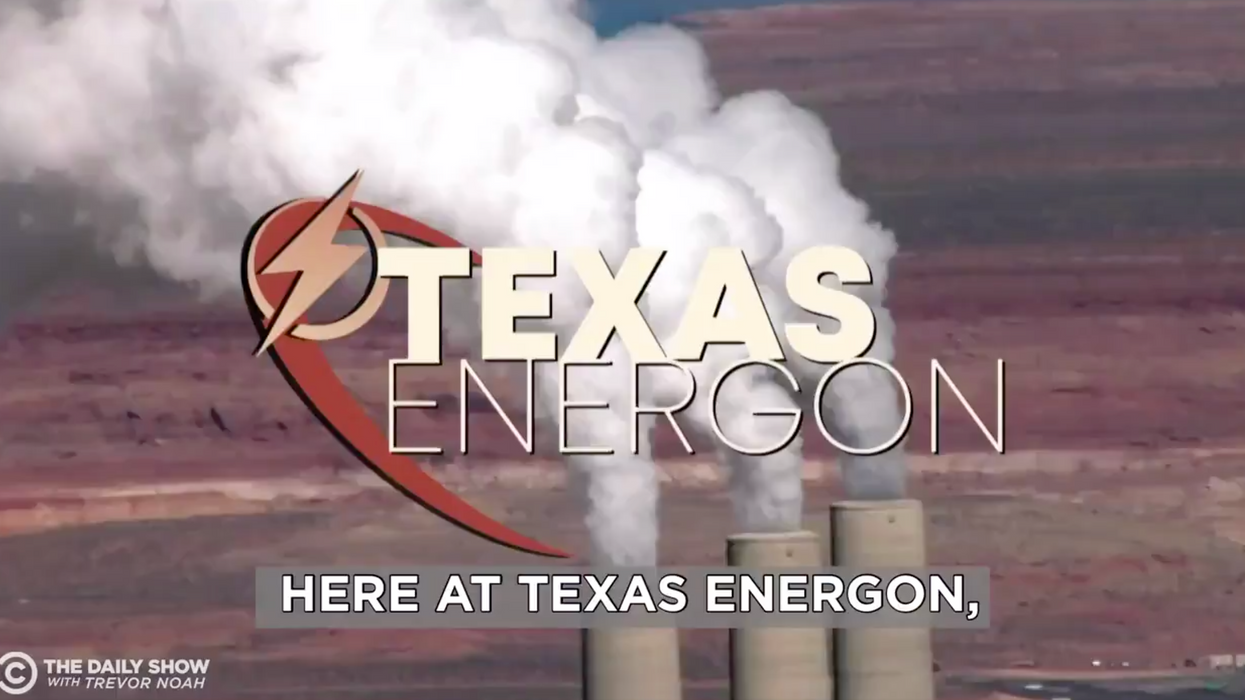What Are You Drinking?
A mechanical marvel of human ingenuity was plopped down on Mars by NASA last February. Its name, Perseverance, fits the Mars rover perfectly, for the robotic vehicle embodies a feat of scientific know-how, long-term dedication to public purpose, and a tight focus on teamwork. Think about the 20-year span of institutional tenacity required for myriad scientists and others to imagine, design, plan, construct, test and otherwise develop the project. And then they hurled this extraordinarily complex machine on a seven-month, 300-million-mile journey through space, navigating to a pinpoint landing in Jezero Crater, a 3.6-billion-year-old, dried-up Martian lakebed. Now Perseverance is probing the Red Planet's watery past for evidence of primordial life.
Meanwhile, back at the ranch, during the same week of this WOW! achievement on Mars, millions of people in NASA's home city of Houston were also probing dried-up waterways: the faucets in their homes, businesses, and schools. On Valentine's Day, an Arctic cold front ripped through the state, and suddenly, basic infrastructure failed, and tap water in this sprawling metro became nonexistent or contaminated. Houstonians were left scrambling for essential, life-sustaining H2O.
They were not alone. Nearly 1,300 water systems across Texas were sputtering and failing at the same time. Worse, this calamitous crisis stemmed directly from the even bigger failure of another essential piece of modern infrastructure: the electric grid. During the weeklong deep freeze, almost all the Lone Star State's jury-rigged network of corporate-owned and -run power systems failed, leaving 4.5 million homes and businesses without electricity. In turn, this fiasco caused the pumps, pipes and pressure controls of hundreds of local water networks to freeze up and break down, cutting off potable water for days.
Gov. Greg Abbott, a GOP mediocrity who grossly mismanaged Texas' COVID-19 response (his slogan seems to be, "Failure is not an option; it's a promise") tried at first to blame Mother Nature. Well, it surely was a big winter storm ... but lots of states regularly maintain electricity and water through much deeper freezes.
What hit Texans was not nature, but an ongoing unnatural disaster. It was the state's reward for turning its government over to incompetents and right-wing ideologues who persistently disdain investment in public resources and community needs. For 25 years, a series of money-corrupted, corporate-coddling Texas governors and legislators have recoiled from even such minimal measures as requiring energy profiteers to weatherize people's crucial infrastructure. (This sort of corporate butt-kissing is what governors really mean when they puff themselves up and bluster that their state is "business-friendly.")
And their obsequious surrender of the public interest to moneyed powers pays off handsomely to them ... in bales of campaign cash they rake in from the profiteers. For example, the oil and gas giants that fuel the electric grid rewarded Abbott's six years of servility with a whopping $26 million in "thank-you" donations. The public's reward was hundreds of Texans killed in that one week of the grid crash and some $130 billion in economic losses from business shutdowns and homes flooded by burst pipes.
How embarrassing is it that the techno-advanced, engineering powerhouse of America has a growing crisis of water quality and delivery usually associated with impoverished nations? And the infrastructure collapse is not just in Texas. From our biggest cities like New York to isolated rural communities like those in the sprawling Navajo Nation, millions of us endure raw sewage, industrial chemicals, lead pipes, burst water mains, price gouging, cut-offs, boil emergencies, and other water disasters.
In March, Consumer Reports and The Guardian issued findings from a nine-month investigation of drinking water systems serving 19 million Americans. Of 120 systems analyzed, 118 had serious levels of toxic chemicals including lead, arsenic, and/or PFAS (a group of synthetic toxins) at dangerous levels. PFAS compounds are in our clothing, carpets, nonstick cookware, food containers, and thousands of other products. And now they're also in our water, seeping in from chemical factories and landfills. They are linked to a range of human health horrors including thyroid disease, cancers, and possibly learning delays in children. The Environmental Protection Agency sets no enforceable limit on PFAS in drinking water and suggests voluntary caps for a few chemicals — even as the compounds contaminate drinking water in more than 2,300 communities in 49 states. To learn more and see what's in your drinking water, go to EWG.org/tapwater/.
To find out more about Jim Hightower and read features by other Creators Syndicate writers and cartoonists, visit the Creators webpage at www.creators.com












